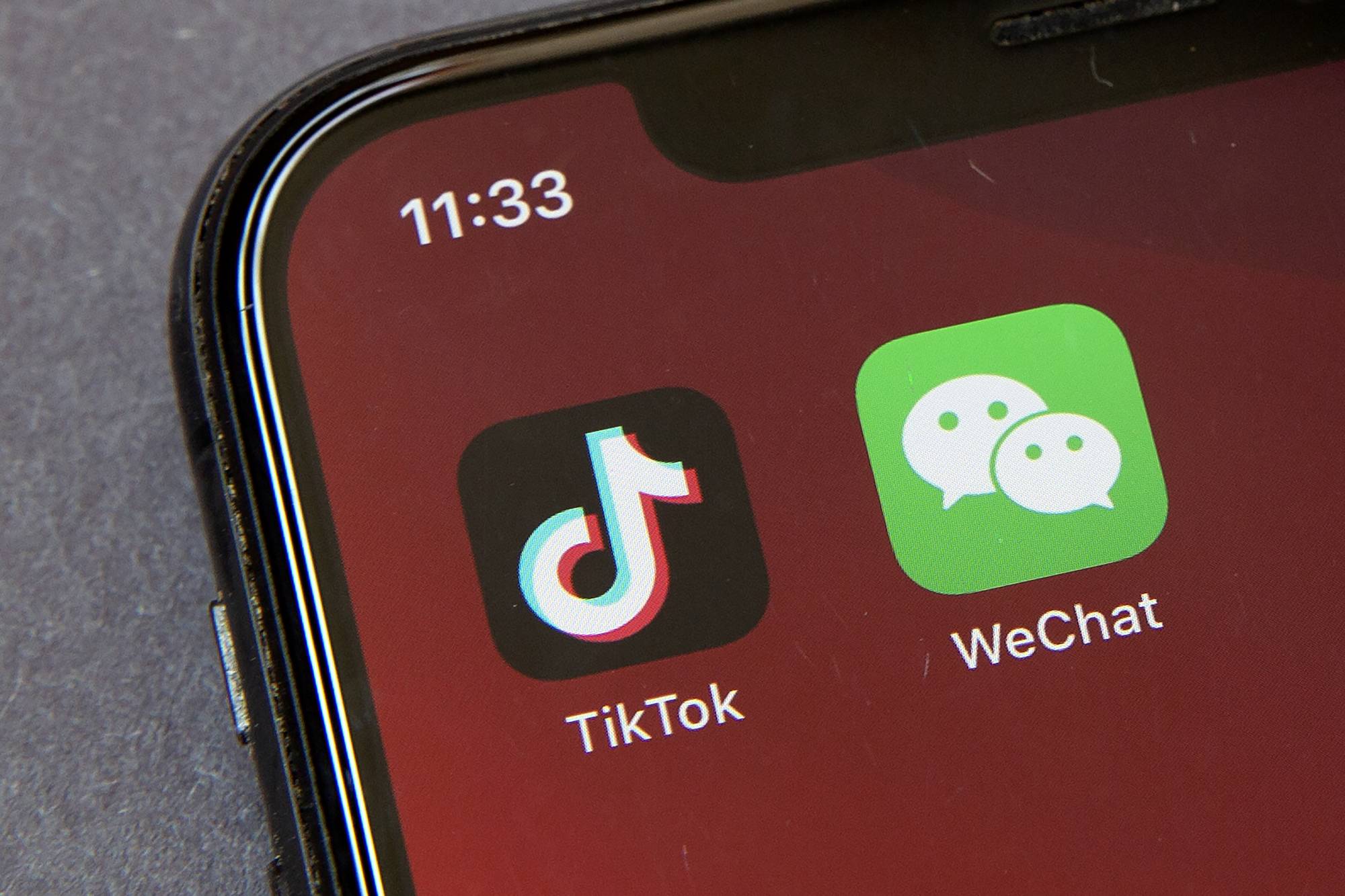It would be easy to dismiss the Trump administration’s campaign against Chinese apps TikTok and WeChat as part of an election strategy to attack China from all angles. The moves, however, as well as China’s counter-response, are contributing to a deeper problem at the heart of the global economy — one that can’t be resolved unless the world’s two biggest economies work together.
Just as oil opened new possibilities for trade in the last century, data has become the lifeblood of trade growth in the 21st century. Trade in digital services, including apps such as TikTok, is booming. Data flows increasingly underpin trade in physical goods, too, supporting complex global value chains and emerging technologies such as blockchain, artificial intelligence and the "internet of things." The amount of cross-border bandwidth in use increased 148 times between 2005 and 2017, according to consultants McKinsey and Co.
Meanwhile, however, global trade rules have barely changed since the 1990s. In effect, the world is trying to run a 21st-century, cloud-based economy on the equivalent of Windows 95.

















With your current subscription plan you can comment on stories. However, before writing your first comment, please create a display name in the Profile section of your subscriber account page.